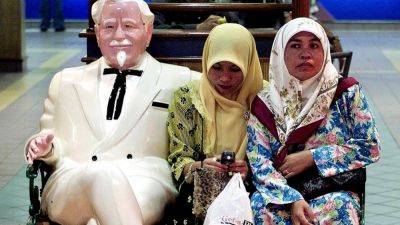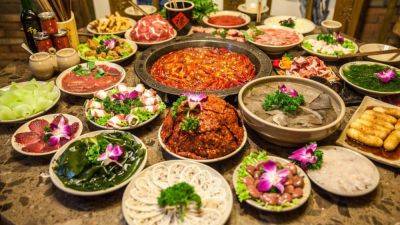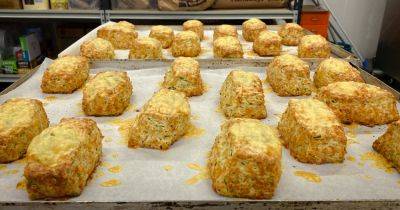Halal certs – do it tastefully
September 20, 2024
KUALA LUMPUR – WHEN Religious Minister Datuk Dr Naim Mokhtar Abdullah announced that Jakim was mulling over requiring all restaurants except those serving pork and liquor to have halal certification, he probably did not expect to run into a storm.
After all, the Department of Islamic Development Malaysia’s proposal did not affect outlets that strictly serve non-Muslims.
Jakim must have observed the mushrooming of restaurants that loudly proclaim to be “Muslim friendly’’ with “no pork, no lard” signs while some shout that they are run by “Chinese Muslims’.’
A closer look, however, would reveal that most of these restaurants, while having visible Muslims staff, do not have halal accreditation. These include those owned by China-born Muslims now operating in Malaysia, especially the popular Lanzhou pulled mee eateries.
“Pork free” is not tantamount to halal, something many non-Muslims may not understand.
Nevertheless, many non-Muslim restaurant owners now see the upside of going pork-free, or better still, to be properly halal certified, because the reality is that 70% of the population are bumiputras, and mainly Muslims.
The Chinese population is shrinking – they make up only 25% of Malaysians now – and will continue to slide further in coming years.
Even without Jakim’s prompting, more hotels and restaurants will opt to be halal-compliant. And a certificate still does not guarantee that these eateries will be fully patronised by Muslim customers.
For businessmen targeting mass and multiple stores, getting a halal certification is surely the right move.
It is also easier to cater and supply to multinational corporations, government, and chain stores who insist on halal-certified food. Being pork-free is







